
About Us
The APF Impact
APF is a grant-making foundation that funds early career psychologists and graduate students using psychology to solve important problems and improve people’s lives.

APF is a grant-making foundation that funds early career psychologists and graduate students using psychology to solve important problems and improve people’s lives.
Founded in 1953, the American Psychological Foundation (APF) is a grant-making foundation that funds researchers and practitioners using psychology to solve important problems and improve people’s lives.
Beginning with a single award, our flagship Gold Medal Awards, APF has grown to a portfolio of more than 90 programs that disburses over $1 million annually in research funding, academic funding, achievement awards, travel scholarships, and non-research project funding.
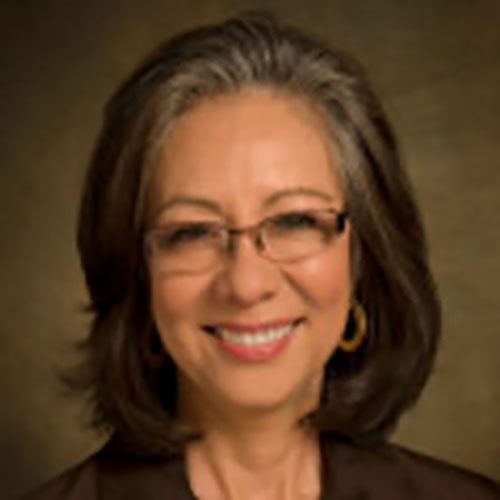
President
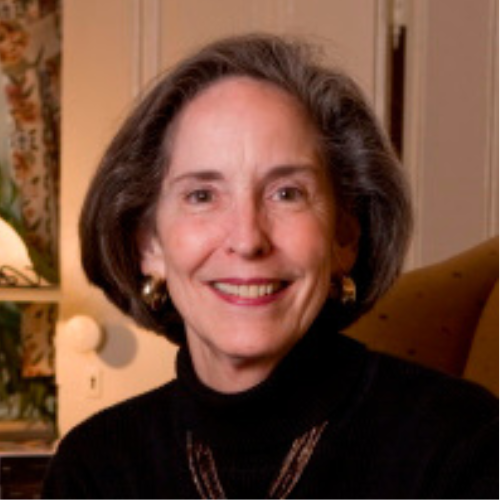
Vice President
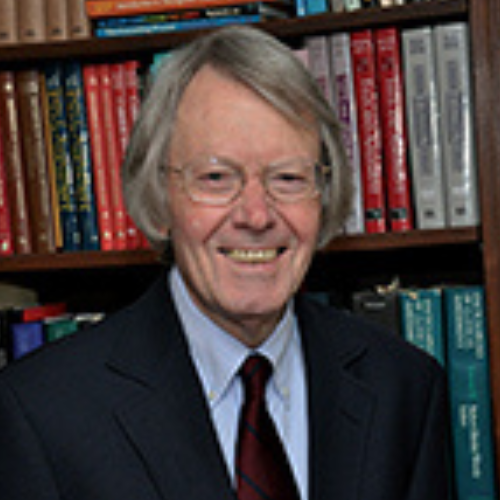
Secretary
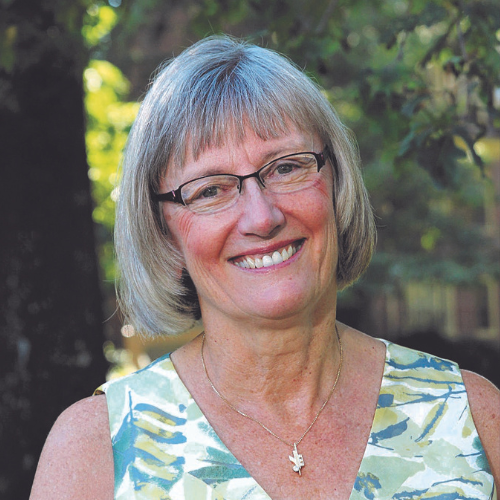
Treasurer
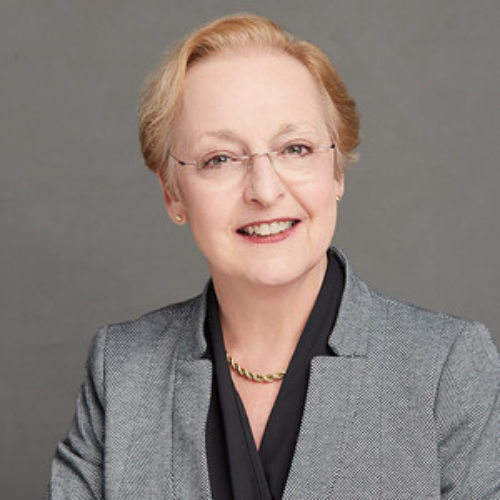
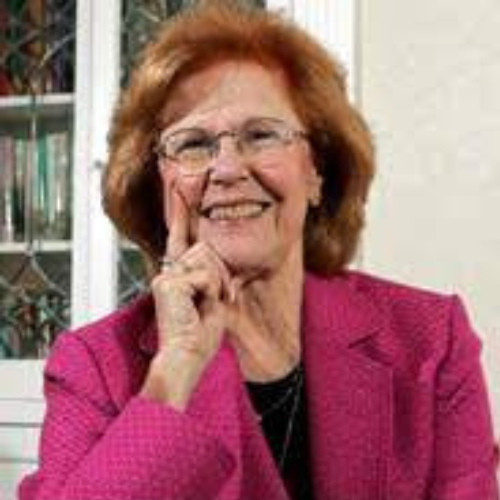


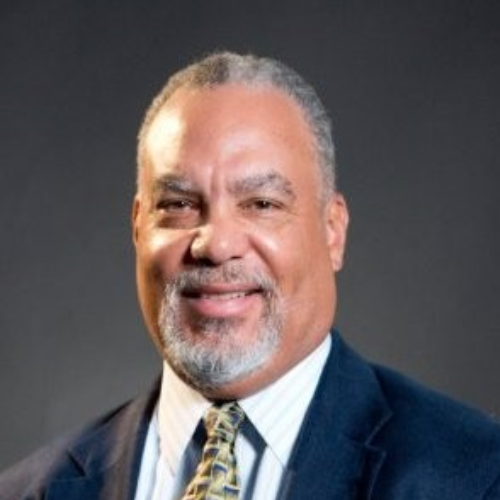
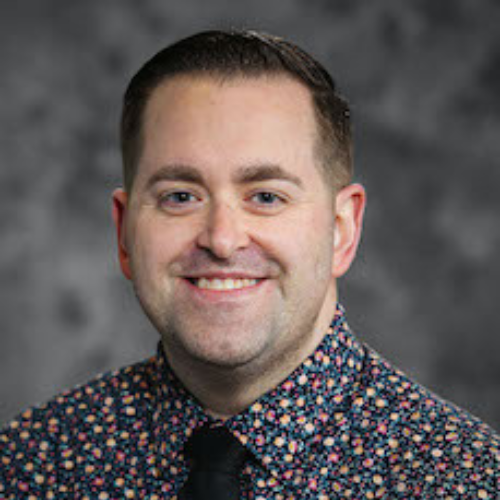
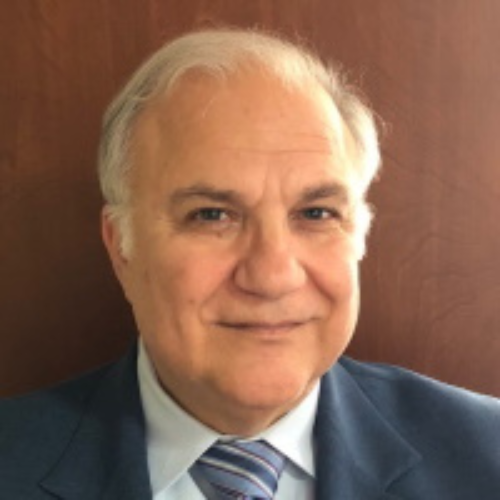
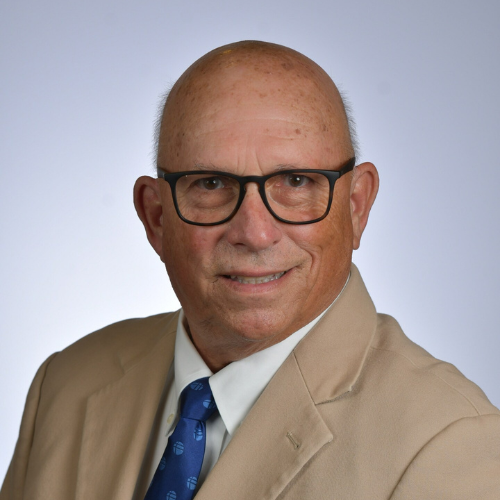
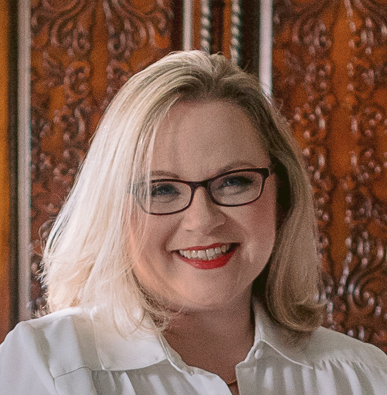
CEO, Ex-officio
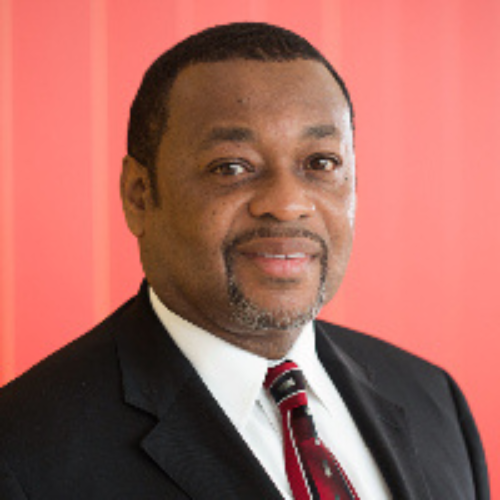
Ex-officio
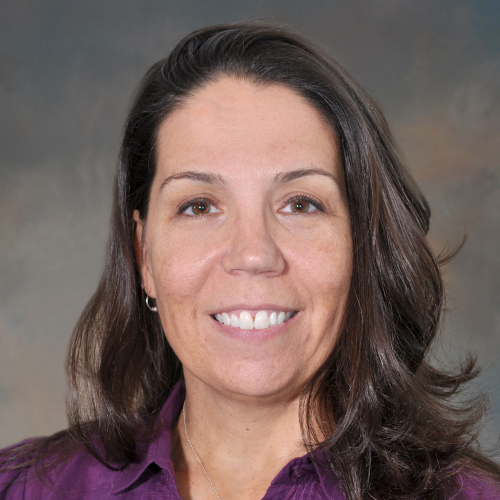
Ex-officio
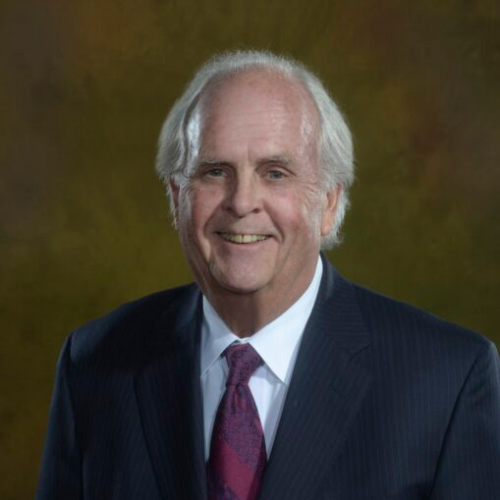
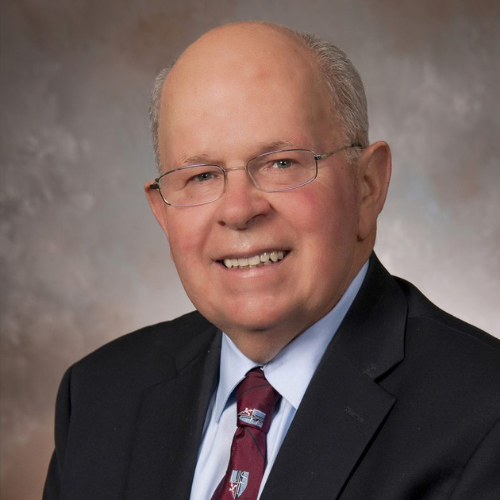
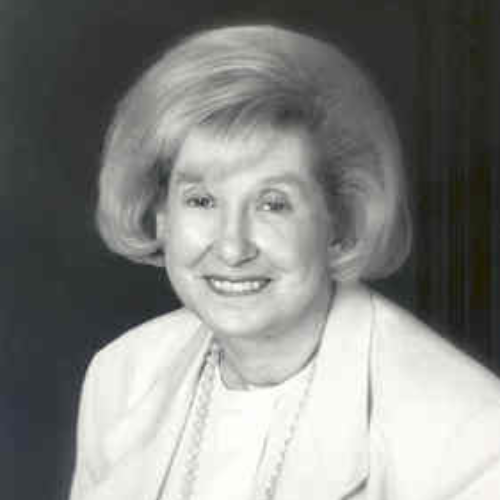
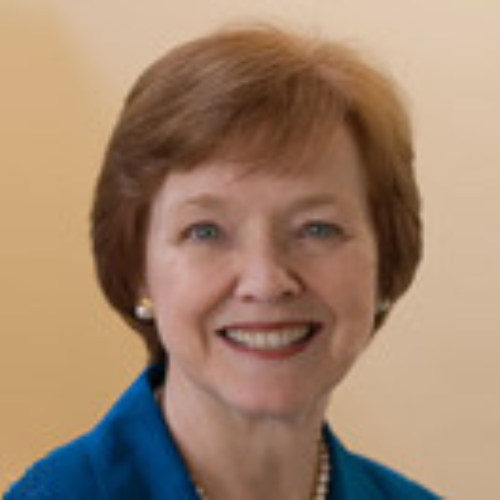
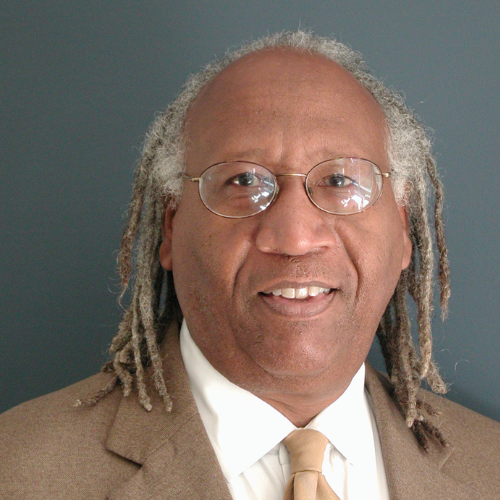
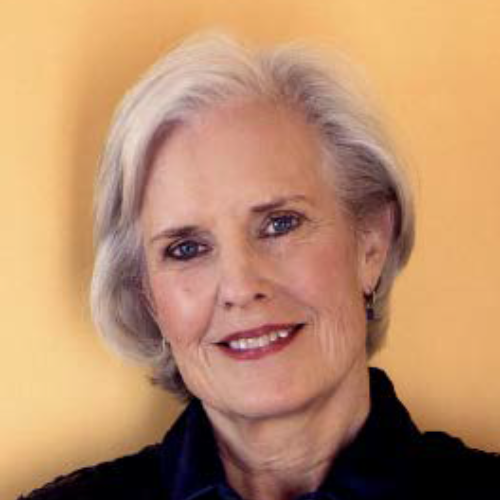
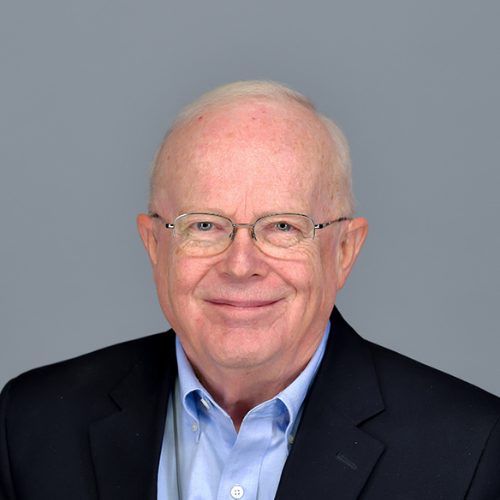
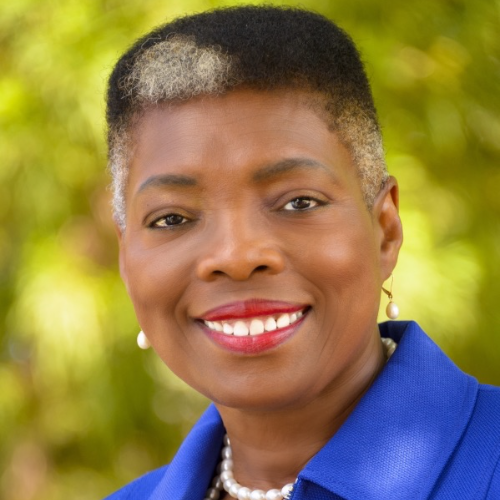
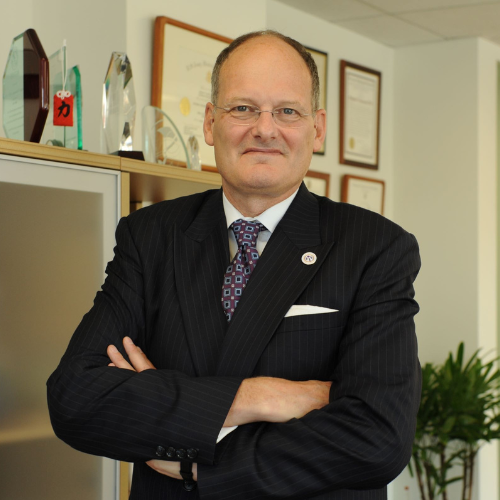
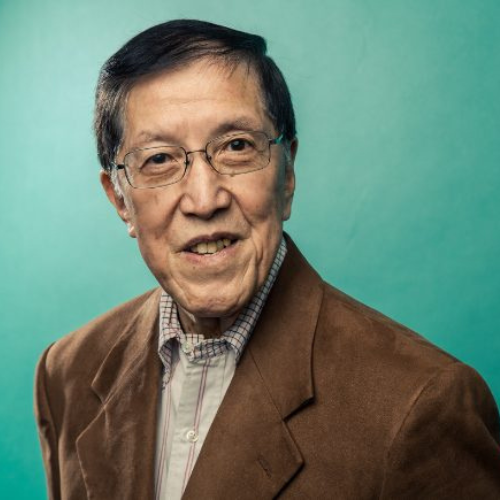
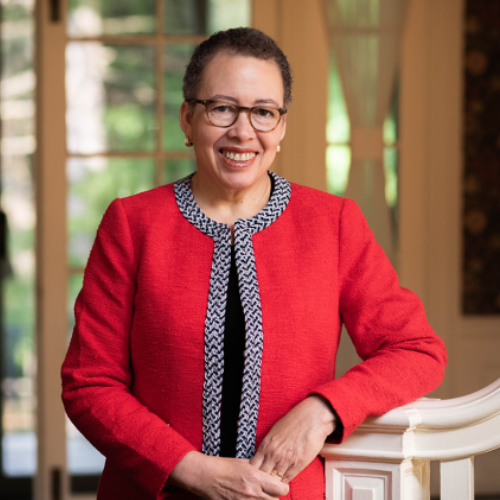


CEO, Ex-officio
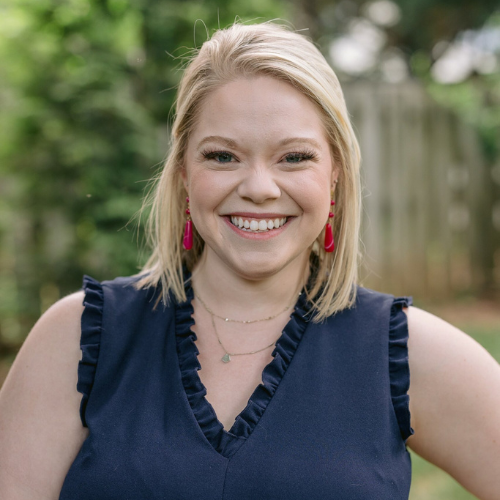
Director of Philanthropy
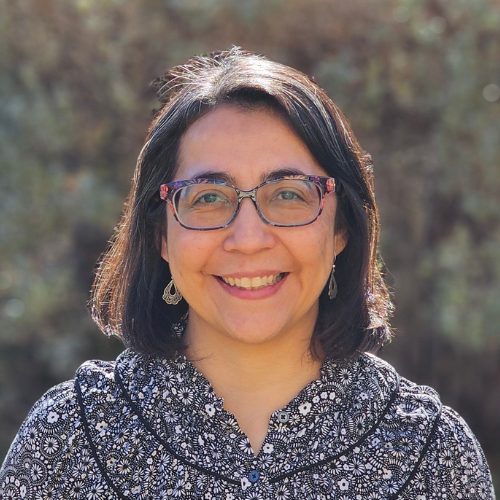
Program Officer

Senior Finance Manager
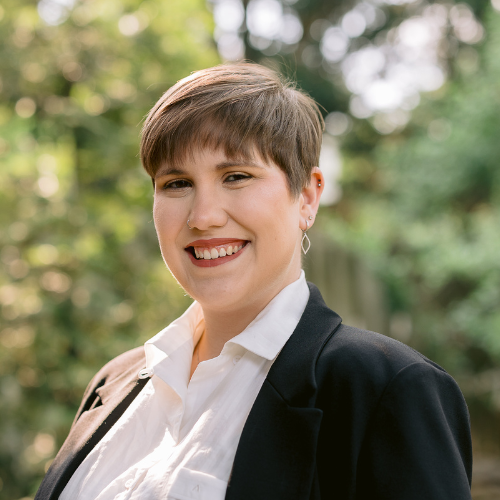
Communications Officer

Philanthropy Manager

Communications Coordinator

Database Administrator

Administrative Assistant

Program Coordinator
Applying psychology to at-risk, vulnerable populations (e.g., serious mental illness, returning military, those who are incarcerated or economically disadvantaged)
Understanding and eliminating stigma and prejudice (e.g., race, gender, sexual orientation, religion, age, disability, and socioeconomic status)
Preventing Violence
Understanding the connection between behavior and health (e.g. wellness, diabetes, obesity)

President
Melba Vasquez is past president of the American Psychological Association (APA), and is the first Latinx and woman of color of 120 presidencies of APA to serve in that role. Vasquez also served on the APA Board of Directors, is a former president of the Texas Psychological Association (TPA) and of APA Divisions 35 (Society of Psychology of Women) and 17 (Society of Counseling Psychology). She is co-founder of APA Division 45 (Society for the Psychological Study of Ethnic Minority Issues), and of the National Multicultural Conference and Summit.
She has published over 100 journal articles and book chapters in the areas of professional ethics, multicultural psychology, psychology of women, and counseling and psychotherapy. She is coauthor of Ethics in Psychotherapy & Counseling: A Practical Guide (2021, 6th edition). How to Survive and Thrive as a Therapist: Information, Ideas and Resources for Psychologists in Practice (2nd edition in preparation); and of the APA Ethics Code Commentary and Case Illustrations (2010).
She is a fellow of 11 divisions of the APA, holds the Diplomate of the American Board of Professional Psychology (ABPP) and has received numerous awards for her distinguished contributions, career services, leadership, mentoring, and advocacy.

Vice President
Nordal received her PhD from the University of Mississippi. She was in independent practice in Mississippi for 28 years before joining APA as its executive director for Professional Practice from 2008 until her retirement in May of 2018. Nordal is a fellow of APA and the Mississippi Psychological Association (MPA). She has chaired the APA Committee on Rural Health and the Committee for the Advancement of Professional Practice (CAPP) and served on APA's Council of Representatives and Board of Directors. Nordal is a past president of the Mississippi Psychological Association and past member of the Mississippi Board of Psychology. Nordal is a recipient of MPA’s Kinloch Gill Outstanding Professional Psychologist Award, Distinguished Practitioner Award and Distinguished Fellow Award. Nordal has also received APA's Heiser Award for advocacy, Division 31’s award as the outstanding psychologist in a state, provincial, or territorial psychological association, and was the first recipient of the Annual Lifetime Advocacy Award from APA. She was an APA/AAAS Congressional Science Fellow (1990–91) and served as a legislative assistant in the U.S. House of Representatives and with the House Select Committee on Hunger.

Secretary
Walsh is professor emeritus in the department of psychology at The Ohio State University. He is the founder and charter editor of the Journal of Career Assessment. He has co-authored and co-edited 24 books, including Tests and Assessment, Tests and Measurements, Career Counseling, Career Counseling for Women, Career Counseling for African Americans, Handbook of Vocational Psychology, Handbook of Career Counseling, Counseling Psychology and Optimal Human Functioning, and Person-Environment Psychology. Walsh currently serves on the editorial boards of the Journal of Vocational Behavior and the Career Development Quarterly. From 1990 to 2002, he served as the director of training for the counseling psychology program at Ohio State. In 2004, he received the Leona Tyler Award from the Society of Counseling Psychology in recognition of outstanding accomplishments. He holds fellow status in APA and the Association of Psychological Science and is licensed as a psychologist in Ohio. In 2011 the American Academy of Counseling Psychology selected him for the Jim Cossé Distinguished Service Award for Extraordinary Contributions to the Professional Practice of Counseling Psychology. He is also a past president of Division 17 and Division 34, and in 2019, he received an APA Presidential Citation. His most recent work is a co-edited book, Career Psychology: Models, Concepts, and Counseling for Meaningful Employment published by APA in 2023.

Treasurer
Forrest is a professor emerita in the Department of Counseling Psychology and Human Services, past associate dean of the College of Education, and past associate director of the Center on Diversity and Community at the University of Oregon. Her scholarship focuses on ethics, diversity, and professional training issues, specifically, educators' responsibility for addressing and working with trainees with problems developing professional competencies. Within APA, she has chaired the Ethics Committee and Committee on Women in Psychology, and has served on the Council of Representatives, the Good Governance Project, the Board of Educational Affairs, Board for the Advancement of Psychology in the Public Interest, and the Membership Board. Other leadership positions include being past president of Div. 17 (Society of Counseling Psychology), past associate editor of The Counseling Psychologist. She has received numerous awards from APA and other professional organizations: Raymond Fowler Award for Outstanding Contributions to APA, APA Outstanding Ethics Educator Award, Leona Tyler Award for Lifetime Achievement in Counseling Psychology, APA Award for Career Contributions to the Application of Psychology to Education and Training, APA Presidential Citation, Distinguished Elder Award from the National Multicultural Conference and Summit, APA Distinguished Leader for Women in Psychology Award, the APA Education Advocacy Distinguished Service Award, the Labby Award for Outstanding Lifetime Contributions to the Advancement of Psychology, Lifetime Contributions Award from the Council of Counseling Psychology Training Programs, and four Outstanding Publication awards.

Beck is the Chair of Excellence Emerita in the Department of Psychology at the University of Memphis. She earned her bachelor's degree at Brown University and her doctoral degree at the State University of New York at Albany. Following completion of a clinical internship at UMDNJ-Rutgers Medical School, Beck joined first the faculty at the University of Houston, then the University at Buffalo, SUNY and most recently, the University of Memphis. Beck has published widely on the topics of sexual dysfunction, panic, generalized anxiety, posttraumatic stress disorder, co-morbidity among mental disorders, and the role of cognitive and emotional processes in psychological distress. Her current research focuses on mental health issues following trauma exposure, with particular emphasis on posttraumatic stress disorder. Beck is active locally and nationally with her field. She is a past president of APA's Div. 12 (Society of Clinical Psychology) and the Association of Behavioral and Cognitive Therapy. She is the past editor of Clinical Psychology: Science and Practice and Behavior Therapy and serves on numerous editorial boards. Beck is a fellow of the American Psychological Association, the American Psychological Society, and the Academy of Cognitive Therapy.

Cantor served as the 105th APA president (1996) and has been an active advocate for professional psychology since she earned her degree as a member of the first class of the Rutgers University Graduate School of Applied and Professional Psychology in 1976. She has served on the American Psychological Foundation Board of Trustees since 1998, in addition to serving as the Board of Trustees president for 15 years. She was the president of the New Jersey Psychological Association in 1986. She was a member of the APA Council of Representatives for New Jersey, and then a member of the APA Board of Directors before serving as APA president. Cantor initiated the Task Force on the Changing Gender Composition of Psychology while serving on the APA board, as well as the Task Force on Adolescent Girls. She served as chair of the Rutgers University Board of Trustees and then as a member of the Board of Governors. She has been inducted into the University’s Hall of Distinguished Alumni. She is the author of six books, including Finding Your Voice and What Do You Want To Do When You Grow Up?. She is now retired after over 40 years of independent practice.

Chan is Professor Emerita of Public Policy and Public Affairs at the McCormack Graduate School of Policy and Global Studies at the University of Massachusetts Boston. A licensed clinical psychologist, Chan is author of the book, If It Runs in the Family: At Risk for Depression (Bantam Books), and has published many book chapters and journal articles on the health and mental health of Asian Americans, and on sexuality and identity among people of color. Chan is an APA fellow and has served in several leadership roles in APA, including president of Div. 44 (Society for the Psychological Study of Lesbian, Gay, Bisexual and Transgender Issues), associate editor for the APA journal Professional Psychology: Research and Practice, and chair of the Board for Psychology in the Public Interest. Chan was a recipient of the Elizabeth Hurlock Beckman Award for Mentoring in 2014.

Haldeman is a licensed psychologist and chair of the doctoral program in clinical psychology (PsyD) at John F. Kennedy University in Pleasant Hill, CA. He has a background of 30 years in private practice, during which time he served as an adjunct professor at the University of Washington and a regional evaluator for the Federal Aviation Administration. Haldeman has served a variety of capacities in the American Psychological Association for the past 25 years, including a term on the APA Board of Directors, numerous APA Boards and Committees, and on APA’s Council Leadership Team. An APA Fellow of 12 divisions, his lengthy record of scholarly publication encompasses the competent and ethical treatment of LGBT and other marginalized groups, and the relationship between politics, culture and mental health, as well as linguistic diversities. He has lectured on these and other topics all over the world, as well as several guest appearances on the "Today" show and "Good Morning America." Haldeman is a past president of the California Psychological Association, and worked extensively with other mental health organizations and the California legislature on passage of the nation’s first law banning the use of conversion therapy with minors. He was a member of the APA Insurance Trust’s Board of Trustees from 2009 to 2019, and currently serves as vice-chair of the board of Rainbow Street, an international LGBT relief organization. He speaks four languages, and annually engages in humanitarian relief work with refugees in Sweden.

Jackson is the former Vice President for Education at the Asia Society, where he oversaw the Center for Global Education at Asia Society, a global platform for collaboratively advancing education for global competence for all. Trained in both developmental psychology and education, Jackson is one of the nation’s leading experts on secondary school education reform and adolescent development. Jackson directed the Carnegie Corporation’s Task Force on the Education of Young Adolescents which produced the groundbreaking report Turning Points: Educating Adolescents in the 21st Century, and co-authored the seminal follow-up blueprint Turning Points 2000, considered one of the most influential books on middle school reform. His most recent work is Educating for Global Competence: Preparing Our Students to Engage the World. Jackson holds a Bachelor of Arts from the University of California at Berkeley, and a Master of Arts and PhD in Education and Psychology from the University of Michigan.

Dr. Derek Phillips is a board-certified medical psychologist, and a clinical neuropsychologist and prescribing psychologist in the Department of Neurology at Sarah Bush Lincoln Health Center in Illinois. He completed a predoctoral internship in clinical psychology and postdoctoral fellowship in clinical neuropsychology at Psychological and Neurobehavioral Services, P.A. In July 2020, he became Executive Director of the APA-designated MS in clinical psychopharmacology (MSCP) program at Fairleigh Dickinson University, where teaches in the APA-accredited clinical psychology PhD program.
He earned his PsyD in clinical psychology with a concentration in clinical neuropsychology and MA in counseling psychology from the APA-accredited Adler University-Chicago campus in 2015 and 2012, respectively. He obtained a BS in psychology and social work from Olivet Nazarene University in 2009. Dr. Phillips completed his postdoctoral MSCP at Fairleigh Dickinson University's APA-designated MSCP program in 2019, followed by an 18-month prescribing psychology residency in 2021.
Dr. Phillips is a former member of the APA Council of Representatives, chair of the APA Board of Convention Affairs, president of Division 55 (Society for Prescribing Psychology), and president of the Illinois Psychological Association. He is currently Secretary of Division 42 (Psychologists in Independent Practice), Treasurer of Division 44 (Society for the Psychology of Sexual Orientation & Gender Diversity), member of the APA RxP Designation Committee, member of the APA CPT Advisory Committee, and member-at-large of the Board of Directors of the Illinois Association of Prescribing Psychologists. He is a fellow of the American Psychological Association (Divisions 31 & 55) and Illinois Psychological Association.

Aurelio Prifitera is the president and founder of Galileo Assessments and Research, LLC which develops cutting edge psychological and cognitive assessments for use in mental health and educational settings. His career as a clinician, researcher, test developer, and later as an executive manager has been centered on psychological assessment, test development, product and change management, digital transformation, international business and acquisitions. He led the development of a key new innovative tablet-based assessment technology, which provides instant accessibility to a wide assortment of tests and assessments which has been adopted by numerous major health care providers and school districts. Aurelio taught testing and assessment classes while supervising students on research and masters’ theses at Trinity University in San Antonio. Prior to moving to Texas, he was the staff clinical psychologist and assistant professor of clinical psychiatry and behavioral sciences at Northwestern Memorial Hospital and Medical School in Chicago. He holds a fellow status in APA and is a member of the International Neuropsychological Society, National Academy of Neuropsychology, National Association of School Psychologists, American Board of Assessment Psychology, and the Texas Psychological Association. He has authored and co-authored numerous articles on the topic of assessment testing and has also co-authored several books on the Wechsler Intelligence Test for Children regarding clinical and assessment interpretation and scientist-practitioner perspectives.

Antonio E. Puente, PhD, was born in La Habana, Cuba, and emigrated to the US in 1960. Puente received a PhD from the University of Georgia. He has taught at the University of North Carolina Wilmington (UNCW) since 1981 and, before that, at St. George’s University School of Medicine. His primary teaching activities include Introduction to Psychology, Clinical Neuropsychology, and History of Psychology. Puente is the founding director of UNCW’s Centro Hispano, and his research focuses on the interface between culture and neuropsychology. Puente founded and edited the journals Neuropsychology Review and Journal of Interprofessional Education & Practice and a neuropsychology book series. He has published 10 books, 95 chapters, and 125 scientific articles in several languages.
Puente is a Professor of Psychology at the University of North Carolina Wilmington, maintains a private practice in clinical neuropsychology, and is the founder (2002) and director of mental health services at the Cape Fear Clinic, a bilingual multi-disciplinary health center serving the indigent.
Puente represented the American Psychological Association and later served on the American Medical Association Current Procedural Terminology Panel. He is on the Board of Trustees for the American Psychological Foundation and Albizu University. He has served as President of the NC Psychological Association, NC Psychological Foundation, Hispanic Neuropsychological Association, National Academy of Neuropsychology, Society for Clinical Neuropsychology (Division 40 of APA), and Society for Behavioral Neuroscience and Comparative Psychology (Division 6 of APA), as well as the 125th President of the American Psychological Association
CEO, Ex-officio
Michelle Quist Ryder, PhD, is a seasoned executive and research professional with over 18+ years of experience across the social psychology, clinical/counseling, and educational sectors. Serving as the CEO of APF since February of 2023, Dr. Quist Ryder brings an extensive background in cross-functional project management, multifaceted field research, program development, and various human-centric functions in both nonprofit and academic settings. Applying this as a liaison between psychology and social good initiatives, Dr. Quist Ryder focuses on leveraging psychology to solve critical issues and doing so in such a way that enables both present-day society and future generations to mutually benefit.
Prior to APF and with research specializations in motivation, Dr. Quist Ryder built a large inventory of experiences spanning the clinical/counseling, technology, bookkeeping, education, and publishing spaces. During this time, some notable roles included working as the Director of Marketing & Communications for a tourism nonprofit, as an Assistant Teaching Professor (focusing on cognitive and behavioral interventions) at Penn State. Prior to her appointment as CEO, Dr. Quist Ryder joined APF as the Program Director. In this role, she was responsible for the department’s budget, conducting DEI analysis, forming strong donor connections, and overseeing a portfolio of 75+ scholarships, grants, and awards.
Dr. Quist Ryder firmly believes that strong servant leadership leads to strong success; she respects the integrity of people and actionable research, and every effort that she makes in this space rests on her passion for continuous community growth and life quality progression.

Ex-officio
Evans is chief executive officer and executive vice president of APA. For the last 12 years, Evans has been commissioner of Philadelphia’s Department of Behavioral Health and Intellectual disAbility Service, a $1.2 billion health care agency that is the behavioral health and intellectual disabilities safety net for 1.5 million Philadelphians. He realigned the agency’s treatment philosophy, service delivery models and fiscal policies to improve health outcomes and increase the efficiency of the service system. Evans has been recognized nationally and internationally as an innovative and effective policymaker. Among his numerous awards, he was named by the White House Office of National Drug Control Policy as an Advocate for Action in 2015. In 2013, he received the American Medical Association’s top government service award in health care, the Dr. Nathan Davis Award for Outstanding Government Service, for his leadership in transforming the Philadelphia behavioral health system, particularly around the adoption of a public health framework.

Ex-officio
Michelle Besse-Laino is the chief financial officer (CFO) for the American Psychological Association. As CFO, she oversees all accounting and financial reporting, budgeting, business systems, and contract and grant administration.
Before joining APA in 2010, Besse-Laino spent 13 years in numerous roles at the National Academies, which include the National Academy of Sciences, Institute of Medicine, National Academy of Engineering and National Research Council. The academies are private, nonprofit organizations with a combined annual budget of $265 million and 1,300 employees.
At APA, a nonprofit organization employing more than 600 people, Besse-Laino oversees an annual budget of approximately $115 million. She also serves as the senior staff to the Finance Committee, as well as the Investment and Audit subcommittees.
Besse-Laino’s previous experience includes roles at the University of Chicago, the Johns Hopkins University, and KPMG.
Besse-Laino received a bachelor’s in accounting from the University of Illinois-Chicago.

David H. Barlow, PhD, is founder and director emeritus of the Center for Anxiety and Related Disorders at Boston University. He received his PhD from the University of Vermont in 1969 and has published over 600 articles and chapters and over 75 books and clinical manuals, mostly in the areas of anxiety and related emotional disorders, sexual problems, and clinical research methodology.
He is former professor of psychiatry at the University of Mississippi Medical Center and professor of psychiatry and psychology at Brown University, and founded clinical psychology internships in both settings. He was also distinguished professor in the department of psychology at the University at Albany, State University of New York, and director of the Phobia and Anxiety Disorders Clinic at the University at Albany, SUNY.
He is past-president of APA's Div. 12 (Society of Clinical Psychology), past-president of the Association for Behavioral and Cognitive Therapies and was chair of the American Psychological Association Task Force on Psychological Intervention Guidelines, as well as a member of the DSM-IV Task Force of the American Psychiatric Association.

Patrick H. DeLeon is the former chief of staff for United States Senator Daniel Inouye and past president of the American Psychological Association. He became an aide for Senator Inouye in 1973, when Inouye served on a committee investigating the Watergate scandal, and remained on the senator's staff for 38 years. He has written nearly 175 peer-reviewed papers and has served as a faculty member at several U.S. universities. In 2008, he was elected to the Institute of Medicine of the National Academies of Science. Presently, Pat is on the faculty of the Uniformed Services University of the Health Sciences and the University of Hawaii. His university appointments cross disciplines, including nursing, law, pharmacy, and psychology where he enjoys mentoring future generations. He earned his PhD in psychology in 1969 from Purdue University, a JD from Catholic University in 1980, and a Master of Public Health (MPH) from the University of Hawaii at Manoa in 1973.

Florence Denmark, PhD, is the Robert Scott Pace Distinguished Research Professor at Pace University. She received her PhD in social psychology from the University of Pennsylvania in 1958, and after graduation she accepted a position at the Queens College of the City University of New York. In 1964, she moved to CUNY's Hunter College, eventually serving as director of the doctoral program in psychology at CUNY Graduate Center. Denmark remained at Hunter College until 1988 when she took a position at Pace University. Throughout her career, her research has focused on issues of women and gender, and she has published widely on these topics. The recipient of many awards and four honorary doctorates, Denmark has been president of the New York State Psychological Association, APA's Div. 35 (Society for the Psychology of Women), and the International Council of Psychologists. She is currently the main representative to the United Nations for both APA and the International Council of Psychologists.

Carol D. Goodheart, EdD, is a scholar-practitioner in independent practice in Princeton, New Jersey. Her career integrates practice, research, and service to psychology. Goodheart works at the intersection of physical and mental health, practice and science, humanism and scholarship. Before becoming a psychologist, Goodheart trained as a nurse. She worked in urban emergency medicine and intensive care, as well as rural public health on two Native American reservations. She earned her doctorate in counseling psychology from Rutgers University, and she specializes in the treatment of individuals, couples, and families coping with physical diseases or disabilities.
In addition to her practice, she has served at Rutgers University's Graduate School of Applied and Professional Psychology in a number of roles: clinical supervisor, contributing faculty, and committee on continuing education. She is a founding partner of two organizations: PsychHealth, PA, a multi-specialty mental health practice offering treatment services, program design and consultation, primarily in health psychology; and W2W, LLC, dedicated to the development and dissemination of materials designed to build strengths, promote health, and enhance quality of life for women. She has been a leader in APA for almost two decades.

James Jones is professor of psychology and director of the Center for the Study of Diversity at the University of Delaware, and former executive director for public interest and director of APA's Minority Fellowship Program. Jones earned a bachelor's degree from Oberlin College, a master's degree from Temple University, and his PhD in social psychology from Yale University. He was been on the faculty of the psychology and social relations department at Harvard University, and has taught in the psychology department at Howard University. He published the first edition of "Prejudice and Racism" in 1972, and the second edition in 1997. He is currently working on a new book, "The Psychology of Diversity: Beyond Prejudice and Racism," with Jack Dovidio and Deborah Vietze. In 1973, Jones spent a year in Trinidad and Tobago on a John Simon Guggenheim Fellowship studying Calypso humor. This work led to the development of the TRIOS model of the psychology of African-American culture. Jones serves on several editorial boards, including the Journal of Black Psychology, and is former president of the Society of Experimental Social Psychology and Div. 9 (Society for the Psychological Study of Social Issues). He was awarded the 1999 Lifetime Achievement Award of the Society for the Psychological Study of Ethnic Minority Issues, the 2001 Kurt Lewin Award, and the 2009 Distinguished Service Award by the Society for the Psychological Study of Social Issues, the 2007 Distinguished Psychologist Award by the Association of Black Psychologists, and the 2011 Lifetime Contribution to Psychology award from APA.

Susan H. McDaniel, PhD, is the Laurie Sands Distinguished Professor of Families and Health at the University of Rochester Medical Center (URMC). In the Department of Psychiatry, she is the director of the Institute for the Family and the academic chief of the Division of Collaborative Care and Wellness. She is the vice chair of the Department of Family Medicine, and she is director of the URMC Physician Communication Coaching Program.
McDaniel’s career is dedicated to integrating psychological and relational science and practice into healthcare. She has won many awards and is the author of over 100 journal articles and 17 books, translated into 10 languages, and has been editor of Families, Systems and Health, and associate editor of the American Psychologist. She is a frequent speaker at national and international medical and mental health meetings.
McDaniel has served in many leadership positions in primary care and mental health associations. Among them, she served as the president of the American Psychological Association in 2016, and is currently on the APA Council representing the Society of Health Psychology (Division 38). She is pleased to be an Honorary Trustee of the American Psychological Foundation, and she also serves on the policy-focused, interprofessional Board of the Primary Care Collaborative in Washington D.C.

Social psychologist David Myers is a communicator of psychological science to college students and the general public. His scientific writings, supported by National Science Foundation grants and fellowships, have appeared in three dozen academic periodicals, including Science, the American Scientist, the American Psychologist, and Psychological Science. Myers has digested psychological research for the public through articles in four dozen magazines, from Scientific American to Christian Century, and through seventeen books, including general interest books and textbooks. His research and writings have been recognized by the Gordon Allport Prize, by an "honored scientist" award from the Federation of Associations in the Brain and Behavioral Sciences, by the Award for Distinguished Service on Behalf of Personality-Social Psychology, and by three honorary doctorates.

Rosie Phillips Davis, PhD, ABPP, 2019 American Psychological Association President; Professor of Counseling Psychology at the University of Memphis
Davis’ scholarship focuses on the power of inclusion, multicultural vocational psychology, ethics and living well in a diverse society. She has served on the editorial boards of several journals, authored numerous articles, and book chapters and has co-edited two books. She is a co-founder of APA’s Biennial National Multicultural Conference and Summit.
Davis’ professional awards include the APA Award for Distinguished Contributions to Institutional Practice, Janet E. Helms Award for Mentoring and Scholarship, the Tennessee Psychological Association Len Handler Award for Distinguished Research Psychologist, two APA Presidential Citations, and the Leona Tyler Award for Lifetime Achievement in Counseling Psychology

Morgan T. Sammons, PhD, APPB, is the executive officer of the National Register of Health Service Psychologists. He has a long history of leadership and advocacy in the profession, which includes many years’ experience working with the National Register, having served as chair of the board of directors from 2004 to 2008. He served as systemwide dean of the California School of Professional Psychology at Alliant International University and is a retired captain of the U.S. Navy, having served as the Navy’s clinical psychology specialty leader, special assistant to the Navy surgeon general for mental health and traumatic brain injury, and in a number of positions both in the U.S. and abroad. Sammons is a diplomate of the American Board of Professional Psychology (clinical). He is the author of two edited volumes and contributes frequently to the professional literature. He lectures extensively on professional issues in psychology.

Derald Wing Sue is professor of psychology and education in the Department of Counseling and Clinical Psychology at Teachers College and the School of Social Work, Columbia University. He received his PhD from the University of Oregon, and has served as a training faculty member with the Institute for Management Studies and the Columbia University Executive Training Programs. He received a bachelor's degree from Oregon State University, and a PhD in counseling psychology from the University of Oregon. The civil rights movement sparked an interest in him and was the foundation for his interest in multicultural studies. In 1972, Sue co-founded the Asian American Psychological Association (AAPA) with his brother and fellow psychologist, Stanley Sue. Both brothers felt there was a need for others to understand the experience of Asian-Americans and this was the beginning. Aside from his interests in multicultural counseling and diversity training, he is the recipient of countless awards and honors, such as the Society for the Psychological Study of Ethnic Minority Issues' Charles and Shirley Thomas Award for mentoring and leadership. He held numerous positions throughout the APA, including president of Div. 45 (Society for the Psychological Study of Culture, Ethnicity and Race). Sue has written several books, including "Microaggressions in Everyday Life: Race, Gender, and Sexual Orientation," "Counseling the Culturally Diverse: Theory and Practice," and "Overcoming Our Racism: The Journey to Liberation."

Beverly Daniel Tatum was the ninth president of Spelman College from 2002 to 2015. Prior to her tenure at Spelman, she taught at Westfield State University, the University of California at Santa Barbara and Mount Holyoke College. Tatum received her PhD in clinical psychology from the University of Michigan, her master's degree in religious studies from Hartford Seminary, and her bachelor's degree in psychology from Wesleyan University. Her honorary degrees include a doctor of letters from Washington and Lee University in 2006 and a doctor of humane letters from Bates College in 2000. Tatum's areas of research interest include black families in white communities, racial identity in teens, and the role of race in the classroom.

Gail Wyatt is a clinical psychologist, board certified sex therapist, and professor of psychiatry and biobehavioral sciences at the Semel Institute for Neuroscience and Behavior at UCLA. She is a graduate of Fisk University and received her doctorate at UCLA. Wyatt was the first ethnic minority to receive training as a sexologist. She received a prestigious NIMH Research Scientist Career Development Award to develop culturally congruent measures, conceptual frameworks, and interventions to capture sexual decision making among ethnic minority men and women within a sociocultural framework. She was the first African-American woman in California to receive a license to practice psychology, and the first African-American woman PhD to reach full professor in a school of medicine. Her research examines the consensual and abusive sexual relationships of women and men, the biological and behavioral effects of these experiences on their psychological well-being, and the cultural context of risks for STIs and HIV. Wyatt has been selected as a senior research fellow by the COBB Institute for the National Medical Association.
Wyatt has published over 180 journal articles and book chapters, makes countless presentations internationally, and has been recognized for her mentoring and research by APA as well as state and international organizations and churches.
CEO, Ex-officio
Michelle Quist Ryder, PhD, is a seasoned executive and research professional with over 18+ years of experience across the social psychology, clinical/counseling, and educational sectors. Serving as the CEO of APF since February of 2023, Dr. Quist Ryder brings an extensive background in cross-functional project management, multifaceted field research, program development, and various human-centric functions in both nonprofit and academic settings. Applying this as a liaison between psychology and social good initiatives, Dr. Quist Ryder focuses on leveraging psychology to solve critical issues and doing so in such a way that enables both present-day society and future generations to mutually benefit.
Prior to APF and with research specializations in motivation, Dr. Quist Ryder built a large inventory of experiences spanning the clinical/counseling, technology, bookkeeping, education, and publishing spaces. During this time, some notable roles included working as the Director of Marketing & Communications for a tourism nonprofit, as an Assistant Teaching Professor (focusing on cognitive and behavioral interventions) at Penn State. Prior to her appointment as CEO, Dr. Quist Ryder joined APF as the Program Director. In this role, she was responsible for the department’s budget, conducting DEI analysis, forming strong donor connections, and overseeing a portfolio of 75+ scholarships, grants, and awards.
Dr. Quist Ryder firmly believes that strong servant leadership leads to strong success; she respects the integrity of people and actionable research, and every effort that she makes in this space rests on her passion for continuous community growth and life quality progression.
Director of Philanthropy
Faith Anderson joins us from another mental health foundation. She brings over eight years of experience in non-profit development, event management, fundraising, marketing and more. Faith has prior experience working with mental health, government relations, financial, health and events related associations, where she raised millions of dollars, organized events, managed volunteers and engaged with members. Faith is a wife, mother and dog mom as well as a native Northern Virginian and a proud alumna of The College of William & Mary.
Program Officer
Rebecca M. Pasillas joined APF in December 2023 as the Program Officer responsible for managing more than 90 award, fellowship, grant, lecture, prize, and scholarship programs. Prior to joining APF, Rebecca worked at the Department of Veterans Affairs training providers and mental health program leaders in the delivery of Social Skills Training for Serious Mental Illness for English and Spanish-speaking Veterans. She managed the training program’s comprehensive evaluation plan and related datasets for the program’s leaders to make data-driven decisions to improve the training program. Rebecca was also a faculty member at a health sciences center where she established a psychology internship training program as part of an APA-accredited internship consortium and a post-doctoral psychology fellowship program. Rebecca is a licensed psychologist based in El Paso, Texas, and she received her PhD in clinical psychology from the University of Nevada, Reno.
Senior Finance Manager
Jani Zhu joined the APF team in February 2022 as the finance manager to manage all of APF’s accounting and financial activities. Prior to joining APF, Jani had over 15 years of accounting and finance experiences in profit and non-profit organizations. Jani has demonstrated extraordinary capability of effectively dealing and managing accounting and auditing tasks, providing guidance on investments and financial statements, analyzing and distilling large amounts of information with relevant statistics. Her previous position was director of Finance and Internal Operation in Leadership Montgomery. Jani holds an undergraduate degree in international business and a master’s degree in accounting.
Communications Officer
Bethany Giblin joined APF in April of 2022 as the Communications Associate. Prior to joining APF, Bethany served as Director of Membership & Marketing for an international membership association of mental health professionals. Bethany is a graduate of Gonzaga University with a BA in Political Science and holds a Digital Event Strategist Certification from the Professional Convention Management Association. While starting her professional career in politics, Bethany’s true passion lies in advocacy and public health with a particular focus on the mental health field.
Philanthropy Manager
Shalonta Bowman joined APF in June 2019 as the development coordinator. The development coordinator oversees operational fundraising activities and works to build and maintain relationships with donors. Shalonta is a graduate of the illustrious Morgan State University in Baltimore, MD, with a B.S. in psychology. Shalonta earned her Master’s degree in Business Administration at Howard University in 2023.
Communications Coordinator
Jolie Chaleff joined APF in the summer of 2021 and has held roles in APF's Development and Program departments. Currently, she serves as the Communications Coordinator. Jolie is a University of Maryland graduate, where she worked in social and developmental psychology research. Jolie is passionate about dogs, psychology and the LGBTQIA+ community.
Database Administrator
Nicol joined APF in the summer of 2023. Prior to joining APF Nicol has spent the last 20 years in nonprofit Advancement operations overseeing and collaborating in database management, gift administration, donor relations and integrity, as well as program and project management. Nicol holds a bachelors degree in Business Administration.
Administrative Assistant
Claire Knowles joined APF in April 2024 as an Administrative Assistant, providing administrative support across the Foundation. Claire comes to us with experience in behavioral therapy, social media management, human resources, event and travel management, research, and more. She recognized early on a passion for helping others and strives to make that the forefront of her work. Claire is a graduate from Virginia Polytechnic Institute and State University with a B.S. in sociology and criminology as well as from Purdue Global University with a master's in business administration. She enjoys all things outdoors as well as painting, reading, and spending time with friends and family.
Program Coordinator
Gemma became Program Coordinator at APF in Spring 2024. With a decade of experience in program management, stakeholder engagement, and communication for international development and policy formation, she brings valuable expertise and a passion for promoting research activities. Gemma holds a master's degree in communication and is pursuing a doctoral degree in science and technology studies at Virginia Tech. Currently serving as a Program Coordinator at the American Psychological Foundation and a Science Diplomacy Fellow with the National Science Policy Network, she is committed to driving impactful research, particularly in psychology.